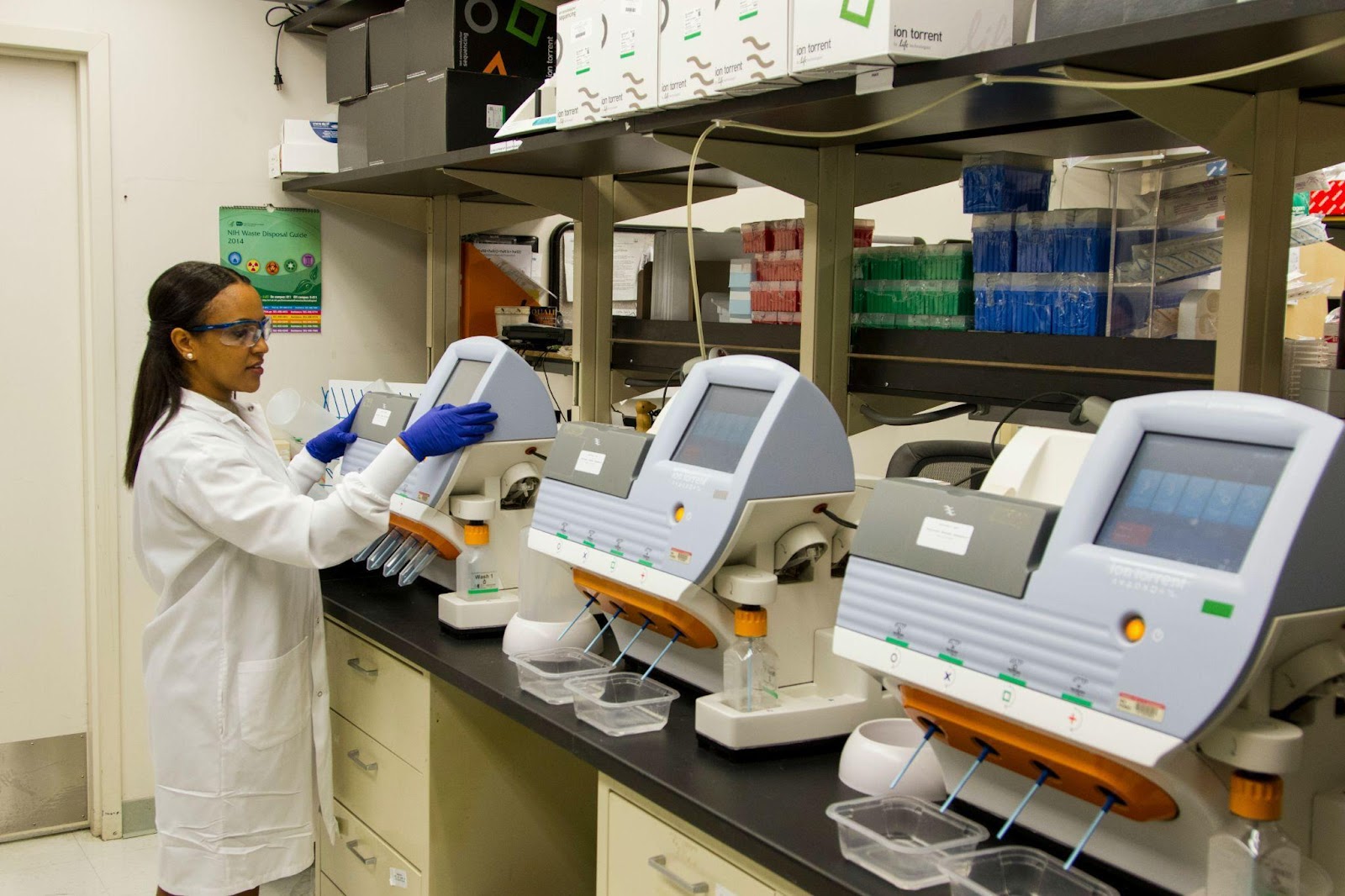That is why many prominent scientists are thought to have had very high levels of intelligence, meaning that they were true geniuses. Its value due to depth and complexity of works was estimated, they have expanded the boundaries of knowledge in various fields ranging from physics to math enhancement of people’s acknowledgment. And if you want to check your IQ score, try this test iq. Who knows, maybe your IQ is higher than William James Sidis!
William James Sidis – Estimated IQ: 250-300
Sidis was an American boy who counted for a genius from an early age. Similarly, He was already reading the New York Times at 18 months, spoke four languages by six years of age and got to Harvard at 11. Although Sidis received a great deal of recognition for his intelligence as a child, he never became a public figure and retired from academic life after his childhood. One process which gets touched on in his life is the pressures of high intelligence and what society may expect from a person of genius level.
Isaac Newton – Estimated IQ: Around 190
Sir Isaac Newton is one of the most significant representatives of the Scientific Revolution, and he developed principles of physics and math, motion, and gravitation. Still, the researchers examining the history state that Newton had an IQ no less than 190 as he developed new theories and amazing mathematical calculations. The way that Newton was able to think in such high levels of abstraction and simultaneously in great levels of complexity, marked out the directions of advance of the modern mature sciences.
Leonardo da Vinci – Estimated IQ: 220
Great philosopher, inventor and artist Leonardo da Vinci’s wit was evident in fields including art and architecture, mechanics and engineering, and even in anatomy. His creativity is best seen in the paintings of Mona Lisa and The Last Supper and in architectural and scientific inventions thousands of years before the world was ready for them. IQ tests were not available in his lifetime but he was equally good in all his endeavors revealing a high IQ ever known.
Nikola Tesla – Estimated IQ: 160-310
Known for his work in electrical engineering and his invention of the alternating current (AC) system, Tesla’s brilliance was evident in his innovative ideas, many of which were not fully understood until decades later. Tesla’s capacity to visualize inventions in three dimensions without drawings exemplified his unusual cognitive abilities, leading many to estimate his IQ as extraordinarily high.
Albert Einstein – Estimated IQ: 160-190
Einstein, one of the most influential physicists, changed humanity’s understanding of time and space with his theory of relativity. Known for his thought experiments and profound mathematical intuition, Einstein’s contributions to quantum mechanics and cosmology underscore his high IQ, which is believed to have been around 160 to 190. His insights into the nature of light and energy continue to impact scientific thought profoundly.
Hypatia of Alexandria – Estimated IQ: 170-210
Hypatia, one of the earliest known female mathematicians, was a philosopher and astronomer in ancient Alexandria. With an estimated IQ between 170 and 210, she was respected for her deep knowledge and her role as an educator. Her tragic death at the hands of political and religious zealots marks her as both a pioneering scientist and a symbol of intellectual resilience in a turbulent era.
Kim Ung-yong – Estimated IQ: 210
Kim, a South Korean child prodigy, showcased linguistic and mathematical skills at an exceptionally early age. By age three, he solved calculus problems and spoke multiple languages. Later recruited by NASA, Kim’s life is a testament to prodigious early intelligence, though he eventually chose to live a more balanced life by returning to South Korea, where he focused on teaching.
Marie Curie – Estimated IQ: 180-200
The only person to receive Nobel Prizes in two scientific fields, physics and chemistry, Curie made pioneering contributions to radioactivity. Her IQ is estimated between 180 and 200, and her persistence in research not only advanced science but also challenged societal norms around women in academia. Her work with radioactive elements has had a lasting impact, contributing to medical and scientific advancements.
Richard Feynman – Estimated IQ: 125-145 (though he questioned the usefulness of IQ scores)
A Nobel laureate in physics, Feynman was known for his contributions to quantum mechanics and particle physics. Despite a lower estimated IQ relative to others on this list, Feynman’s unique approach and creative problem-solving abilities set him apart. His talent lay in simplifying complex ideas, making profound scientific concepts accessible to a wider audience.
Galileo Galilei – Estimated IQ: 180-200
As a key figure in astronomy and physics, Galileo’s contributions to scientific methodology and the understanding of planetary motion were revolutionary. His IQ, estimated between 180 and 200, reflects his capacity for scientific insight and his courage in advocating for empirical observation, despite resistance from religious authorities.
These individuals illustrate how high IQ has often correlated with groundbreaking contributions to science, yet their lives also show the diverse paths that intelligence can lead to, from fame to solitude. Each of these scientists left an enduring legacy, advancing humanity’s understanding of the world in profound ways. Their varied experiences also highlight the complexities, and, at times, the challenges faced by people of high intelligence in navigating their gifts within societal frameworks.












